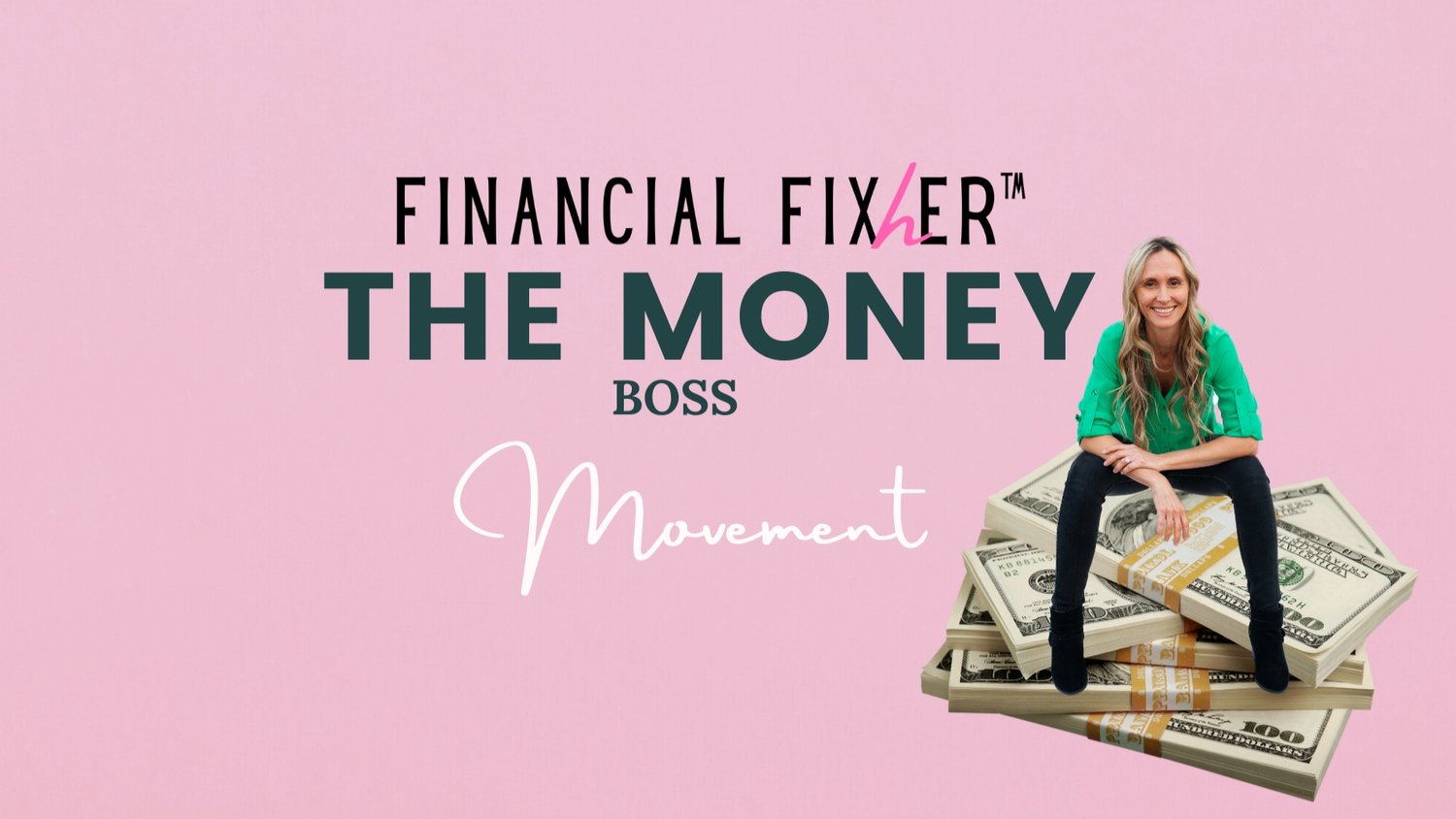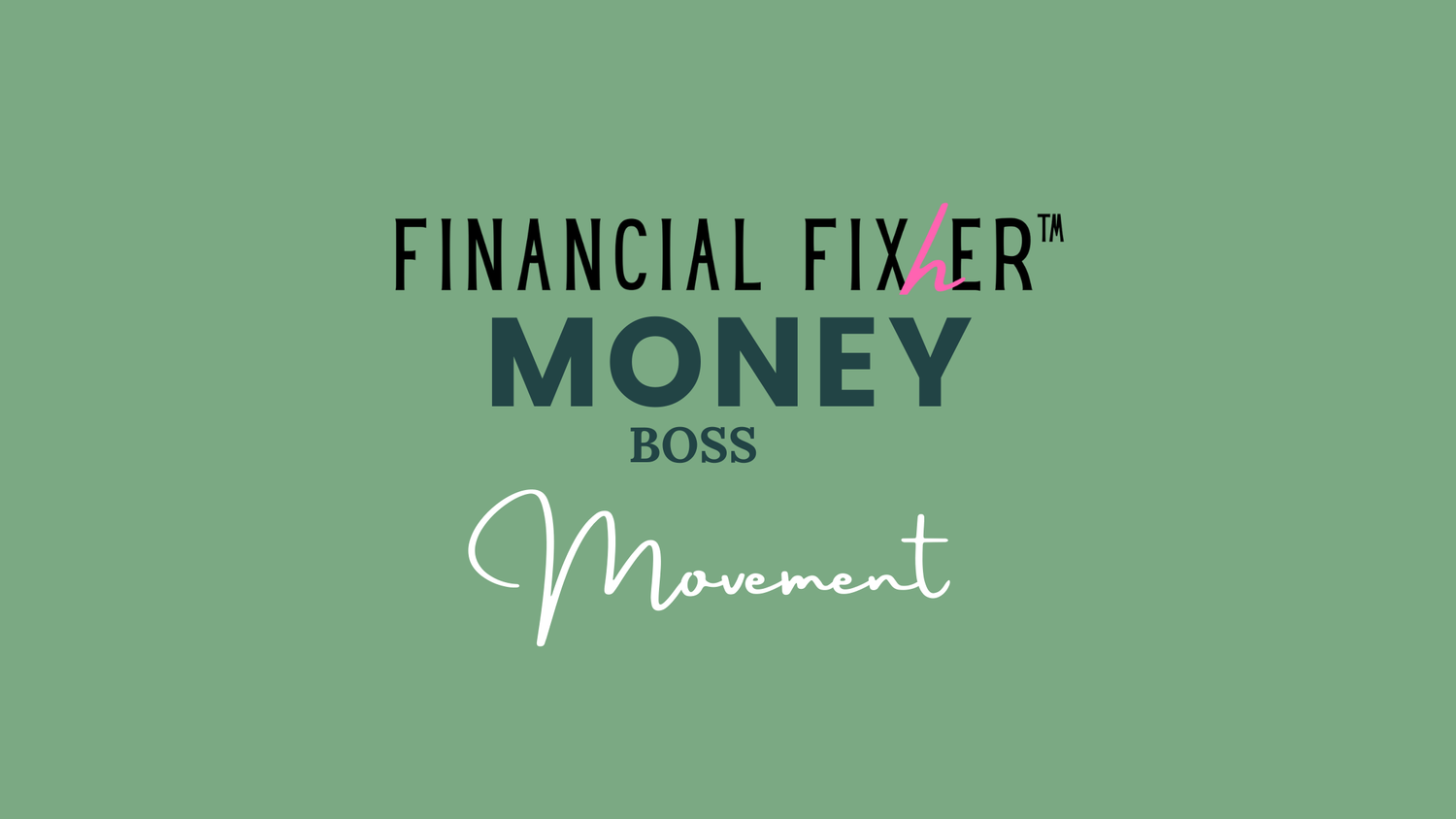Why NOT Borrow From Your 401K?
Three Key Factors to Consider:
As enticing as it sounds, steer clear if you can my friends. Most financial advisors that give a crap about you will advise you to not touch this retirement savings. This doesn’t stop most of the borrowers who do it though. Appox 25% of 401(k) account holders make this judgement call for many reasons. But, the biggest reason is to fix or avoid another financial hardship. Let’s get into the nitty gritty on why this decision could go south, and have a long-term negative effect.
1. High Opportunity Cost
The loss from potential gains in your retirement savings could be too great. Not only are you potentially freezing your contributions to your FUTURE, but you’re taking even more from it, when you have debt to pay off with more interest. It’s like a double edged sword. It helps in the now, and hurts in the future.
2. Repayment will Cost More than the Original Contribution
When you deeply examine the repayment process, you’ll find some questionable kinks. Remember, the original cost to you was pre-tax funds(traditional investments), so it was worth more. And the funds you use to repay the loan are “after-tax”. Simply meaning your money is worth less, and you’ll have to use more of it, to make a dent. Side note: While you're busy paying off this loan, you’ve either slowed or halted your contributions to the account. Double whammy!
3. Breaking up is Hard to do
Let’s face it, we’re all at risk of losing a job. And more importantly, we all should have the option to leave and broaden our horizons. Breaking up is never easy, but when you owe money to the person you’re splitting with, it’s even harder. What was once a sweet and loving favor, becomes a business transaction with firm terms.
To wrap it up, here are things to consider BEFORE drawing from your retirement early:
~~We’re talking about the 401(k), or comparable accounts like the 403(b), and 457.
~~Most standard 401(k)’s allow you to draw up to 50% of the vested fund, up to a limit of $50,000, and for a 5 year loan life.
~~The loan is tax free, because the funds are borrowed, and not withdrawn.
~~The interest rates are typically lower, and you pay yourself the interest back.
~~You lose investment earnings while the money is out, and plus you’ll be paying it back with “after-tax” dollars.
~~IF something goes awry with your job, or you choose to leave, you’ll have to pay that loan back a lot more expeditiously.
~~And worse, if the loan goes into default, the outstanding balance converts to a withdrawal, making taxes and penalties applicable.
And one more thing… If you’re considering this action to put a cork on other poor financial behaviors, this could be another bandage to a symptom of deeper concern.
There is help and support out there for course-correcting the core behaviors that might be the cause of considering this idea.


